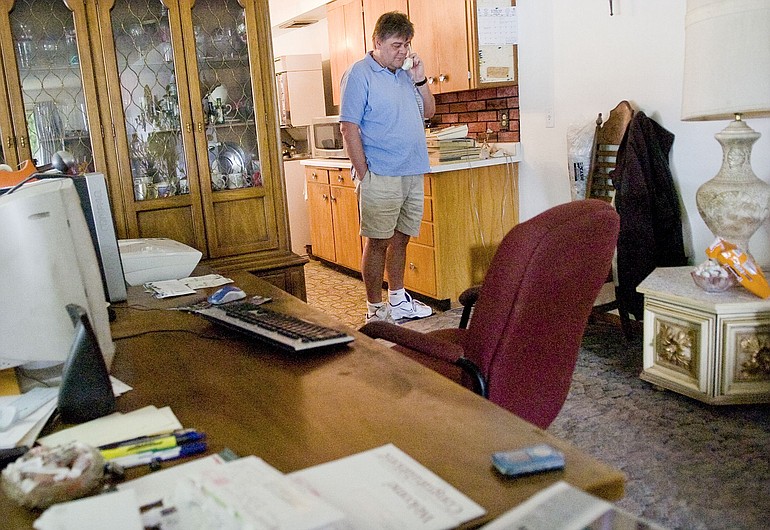Some economists and politicians say the United States is slowly recovering from the recession, with some predictions pegging quarterly economic growth in the 3 percent range through the rest of this year. Meanwhile, federal lawmakers have extended unemployment benefits to help those who remain jobless to pay the bills as they continue to look for work.
But the truth is, if your skill is in a battered industry — such as the construction sector in Clark County — then there often isn’t a job for you. And if you’ve exhausted all the jobless benefits legally available to you, then the latest federal extension of benefits offers no help.
It’s a bind that has left many laid-off workers in Clark County and Washington state facing dwindling income, fewer options and stark questions as the pressure builds to make a decision about what to do next: Do they keep hunting for a way back into their line of work? Do they turn to another social safety net as the benefit checks run out? Or do they go back to school, hoping to launch a new career?
Vancouver resident Ed Forsyth understands the gravity of the situation all too well. In March 2007, after getting laid off from a job with an area contractor that did home remodeling, repair work and other projects, Forsyth, 42, went on unemployment. Earlier this year, the benefit checks ran out. He has depleted his savings and has moved in with his mom. He still hasn’t found a full-time job, despite turning part of her dining room into what he describes as a “quasi-office,” complete with a computer he uses to hunt for work.




